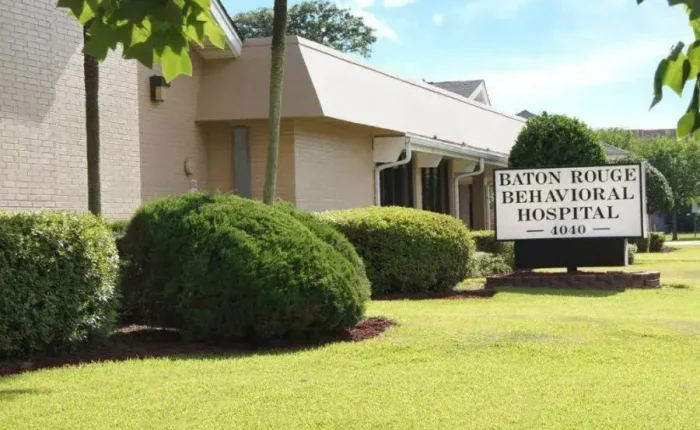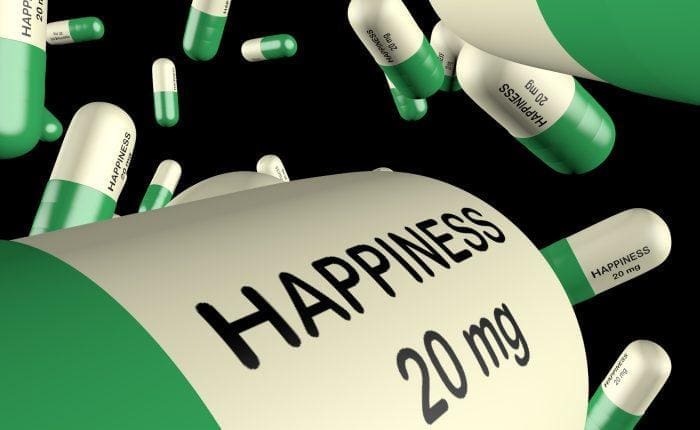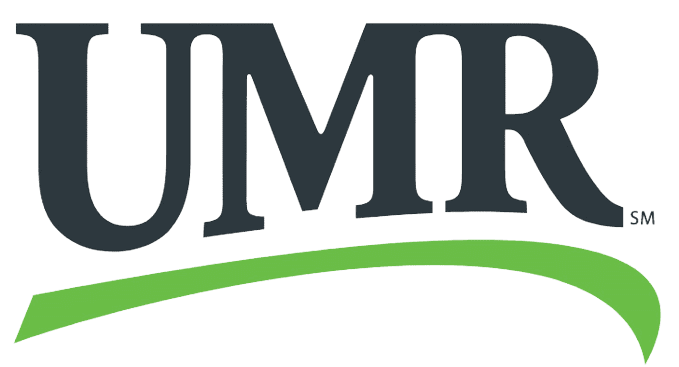When you hear the word relapse, you probably think of someone addicted to drugs or alcohol. And while it can be a relevant term for people with those issues, relapse is also a common problem for individuals living with mental health conditions. But what is a mental health relapse? And what can you do to avoid one? Keep reading for an explanation of the most common relapse triggers and what to do after a relapse.
Contents
What Is Mental Health Relapse?
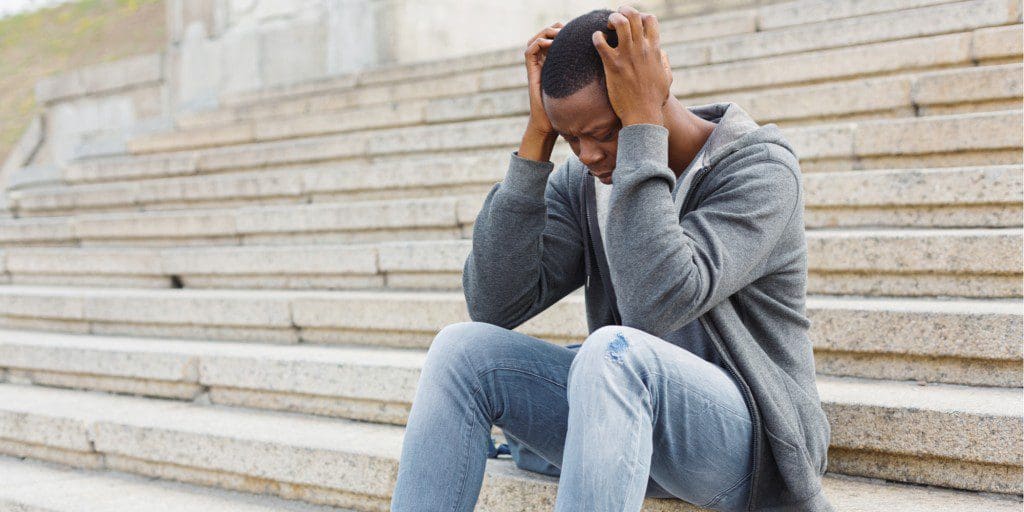
Most people are familiar with relapse as it relates to addiction—a sober person goes back to using drugs or alcohol. But it works a little differently with mental health, since a person with a mental health disorder often does not stop having every mental illness symptom.
Rather, a mental health relapse is more about experiencing a worsening of mental health symptoms. Sometimes this is due to outside life events, like a life transition or a family emergency. Other times, this could be due to a change in behaviors, like stopping going to the gym or losing access to one’s support network.
However it happens, a mental health relapse can be a scary time when mental health seems to deteriorate. Understandably, most people living with mental health conditions would like to avoid these situations whenever possible. And to help you safeguard your mental health, we’d like to share five common triggers of mental health relapse that you should avoid whenever possible.
Mental Health Relapse Triggers
Ultimately, what triggers a mental health relapse is unique to the individual. But there are certain events and practices that are likely to cause stress and subsequent mental health issues. For some of these, the solution is to avoid them as much as you can. But for others, these are life situations that are all but inescapable. In those cases, you should seek additional mental health support as you experience those turbulent periods.
With that in mind, let’s take a look at the five most common relapse triggers.
1. Substance Abuse
Drinking socially will usually not interfere with mental health recovery. However, substance abuse (like binge drinking or using drugs or alcohol to cope) can quickly derail mental health recovery and lead to a worsening of mental health symptoms.
In extreme cases, substance abuse can even lead to a substance use disorder. In cases like these, dual diagnosis treatment may be necessary to address the interconnected mental health and addiction issues. This is because as you become more reliant on drugs or alcohol, your mental health will quickly worsen. And only by treating both issues comprehensively and holistically will you be able to overcome your mental distress and get back on the path to recovery.
2. Financial Stress
With the COVID-19 pandemic, a lot of people underwent sudden financial hardships. And when you’re worried about how you’ll pay your bills or feed your family, that stress can build up and drastically worsen your mental state.
Obviously, there is no foolproof way to avoid financial stress. But when you find yourself in a position where money is tighter than you’d like, try to surround yourself with support so that you don’t experience a mental health relapse. If therapy is not an option due to financial issues, try free support methods like surrounding yourself with friends and staying physically active.
3. Changing or Stopping Medications
For many people with mental health conditions, medication is an important part of their treatment plan. But sometimes medications need to be changed, which can lead to a mental health relapse if your symptoms begin to resurge. This can be distressing, especially if your medication had helped manage your symptoms for a long time.
Because changes to medication can be so jarring, you should only quit a medication after consulting your healthcare provider. SSRI withdrawals can be deeply distressing and can worsen your mental health, so it’s better to wean off of medications whenever possible.
4. Sleep Disturbances
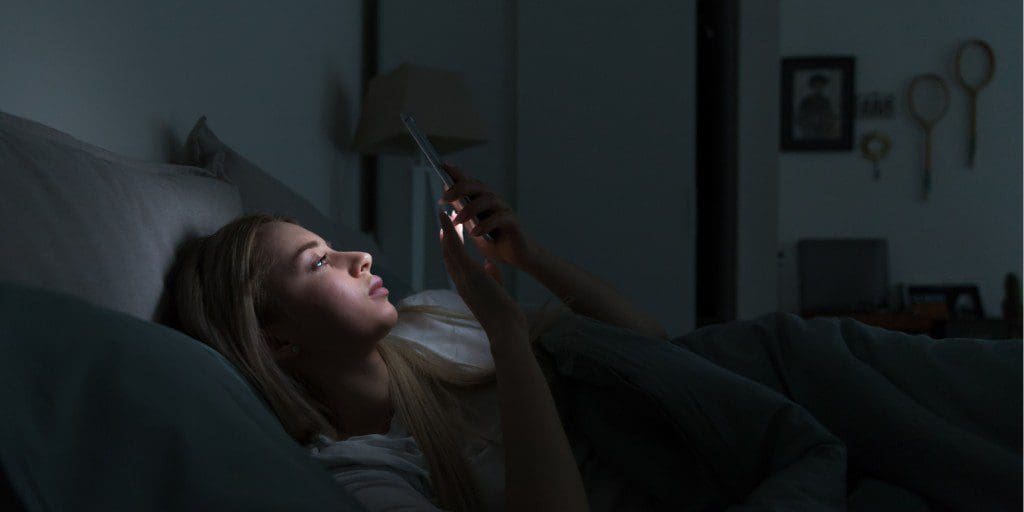

Getting enough high quality sleep is a cornerstone of mental wellness. If you suddenly find your sleep cycle disrupted by stress or an outside life event, then there’s a good chance that a mental health relapse will follow.
To prevent this, it’s important to keep good sleep hygiene habits, like going to bed at the same time, avoiding naps, and to avoid lying in bed awake if you’re not trying to sleep. By protecting your sleep cycle, you can help yourself stay mentally healthy and avoid a mental health relapse.
5. Getting Complacent
When you start your mental health recovery, you make a lot of big changes. These can include staying physically active, attending therapy, relying on a support network, etc. But over time, it’s easy to let these things fall by the wayside, which often leads to a resurgence in mental illness symptoms.
If you feel a mental health relapse coming on, you might need to double down on taking care of your mental health. That could mean leaning more into your support system, or it could mean returning to professional mental health treatment. However you do it, it’s important to stay on top of your coping mechanisms in order to avoid a mental health relapse.
What to Do After a Mental Health Relapse
If you are or have recently experienced a mental health relapse, then it can be hard to tell where to go from here. But support is out there. At Baton Rouge Behavioral Hospital, we are glad to help you through this difficult period and to guide you as you get back on the path to recovery. Our mental health treatment center is staffed by doctors, nurses, psychiatric experts, and other specialists who have the passion and experience to help you.
Would you like to learn more? Call our friendly admissions specialists at 225-300-8470 or fill out our confidential contact form. It can feel impossible to come back from a mental health relapse, but there is always a path back to recovery.

